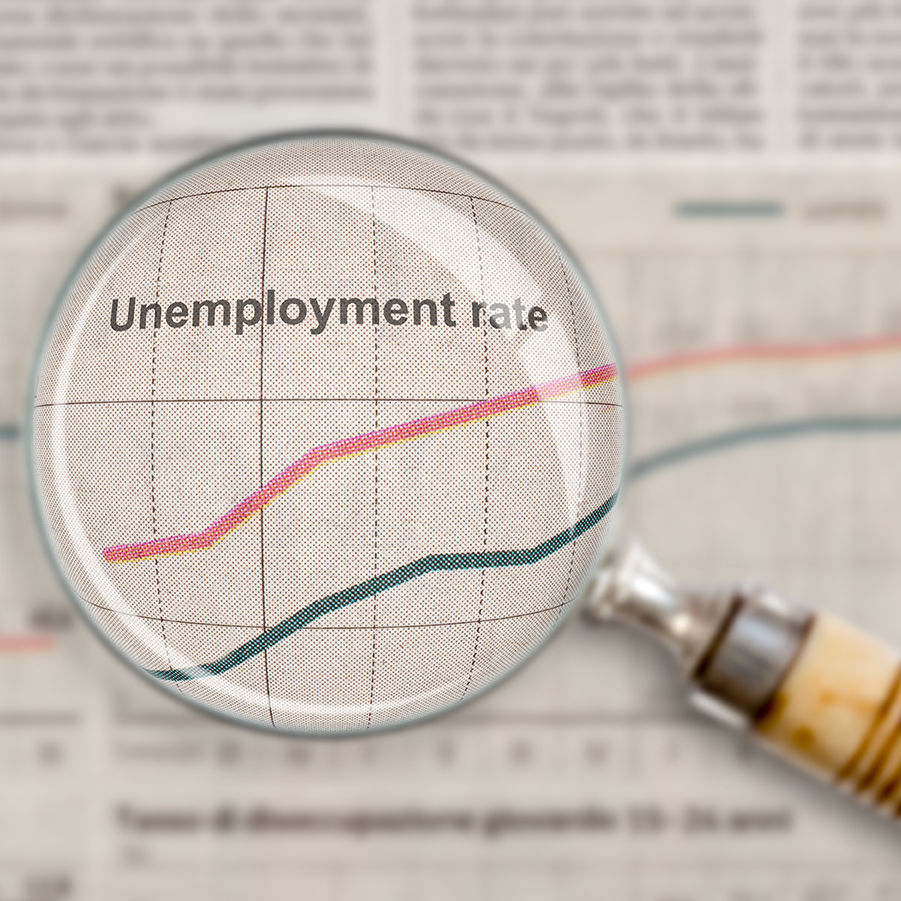Attorney Jonathan Hardin Explains Why Insurance Companies are Rejecting Coronavirus Claims

Image: Courtesy Pixelbaby
As reported by Portland Monthly, local companies are having insurance claims rejected which they say will ruin chances of them being able to reopen once the virus slows. We spoke with Jonathan Hardin, partner at Perkins Coie law firm that works with both start-ups and well-established companies helping them navigate their claims about why. Last month Hardin wrote an article detailing the ways policies and coronavirus interact. We asked him to answer questions on what is happening and what businesses can do.
It sounds as though even that the state closed businesses due to coronavirus, that they might not be covered under Loss of Business insurance. Why is the virus specifically related to why they won't be covered?
So there's a pretty standard exclusion that is either included through an endorsement to a business income and property policies or in more recent versions within the past year, I've seen that the exclusion has been moved right into the policy form. And it's an exclusion for loss caused by virus or bacteria. And it applies across all the coverages in the property insurance portfolio, including business interruption coverage and includes an extension called civil authorities. That's where you're getting people saying, “Well I have my business interruption policy has civil authority coverage in it, which is supposed to pay if the government tells me I have to close.” But that civil authority coverage extension is still subject to a very common exclusion for viruses or bacteria.
Why does this exist and when did it happen?
Usually the insurance industry is a pretty reactive business. So when you have disease-related events from the past that caused insurers to have to pay out claims, then when they go to write policies for the future, they start to put an exclusions that prevent them from having to repair those types of claims again. And then what they do is offer another product that they can charge extra money for if you want to purchase it to carve that coverage back into the policy. So one of the things that I talked about in my article was that some insurers have a specific coverage extension for communicable disease that basically brings virus related losses back into coverage. But you're usually paying an extra premium for that or it's subject to a special limit called a sub limit that is a lot lower than the limit of your policy.”
How often do you think a small business actually realize this when going through a huge policy? That this type of situation wouldn't be covered?
I would say most of them are not thinking about pandemics or communicable disease when they're purchasing property and business interruption coverage. They might be thinking about terrorism in some parts of the country, certainly people were after 9/11. But you know, we just didn't see this even with SARS and H1N1, both of which happened over a decade ago. We did not see this big of a spread and big of an impact outside of Asia.
And is that when this change to the policies came into place? After SARS and H1N1?
That’s my guess, but I don’t know that for certain. I will say, the smaller you are, the more likely that the coverage, the policy you’re purchasing is what we call a standard form policy. There is an organization called the Insurance Services Office (ISO) and they basically draft standard form policies. They have standardized serial numbers or form numbers at the bottom left and they basically they have all these building blocks that brokers insurance put together to create your, your standard property and business interruption policy. And the smaller you are, the more likely that you're just purchasing a standard form policy off the shelf so to speak. And that's why we're seeing, particularly the small or medium size businesses that we're getting inquiries from, they send me their policy and I can tell just by looking at the serial numbers of the form numbers on it that they've got a standard form policy. Then I go looking for the virus exclusion within there and I am seeing it a lot in those smaller businesses. It's really your larger companies that have you know, the capacity and the market share to work with brokers to purchase coverage that's tailored to their business needs and are able to afford to negotiate to take some of these exclusions out of their policy.
What is Loss of Business insurance for then if it can’t cover cases when the state shuts you down?
When there's physical damage to your property like in a fire, then the business interruption coverage that comes along with it is designed to compensate you for your lost profits while you're trying to get your fire damage repaired so you can reopen. Then the business interruption coverage is written to say we will cover your lost profits, lost revenue, whatever, if there's a covered physical damage to your property, right? So it's all kind of based on like stuff breaking. And so even without the virus exclusion insurers are likely to argue that, look COVID-19 is not physical damage to your property. Right? So you get into fights about whether, well, the presence of the contaminant, you know, how long it can survive in the air and how it can survive on doorknobs and that kind of a thing. And that's a hurdle even before you get to the virus exclusion. But then if there's a virus exclusion, then that's kind of the nail in the coffin.
Do you have any recommendations for what a small or medium sized business with a virus exclusion should do right now?
I would say it doesn't hurt to file a claim even if it will get rejected. There is under consideration in the New Jersey state legislature a bill that might essentially force insurers to pay business interruption claims in some circumstances even if there would otherwise be no coverage. It's possible, although I'm not sure it's very likely, but it's at least possible that there may be some legislative relief that's related to or tied to business interruption insurance. And so I think it doesn't hurt to file a claim even if even if it's going to be met with a swift denial because you don't want to be in a situation where you failed to provide notice. Then there's a legislative [fix] six months down the road, but then the insurance company says well you didn’t file a claim, it's too late.












